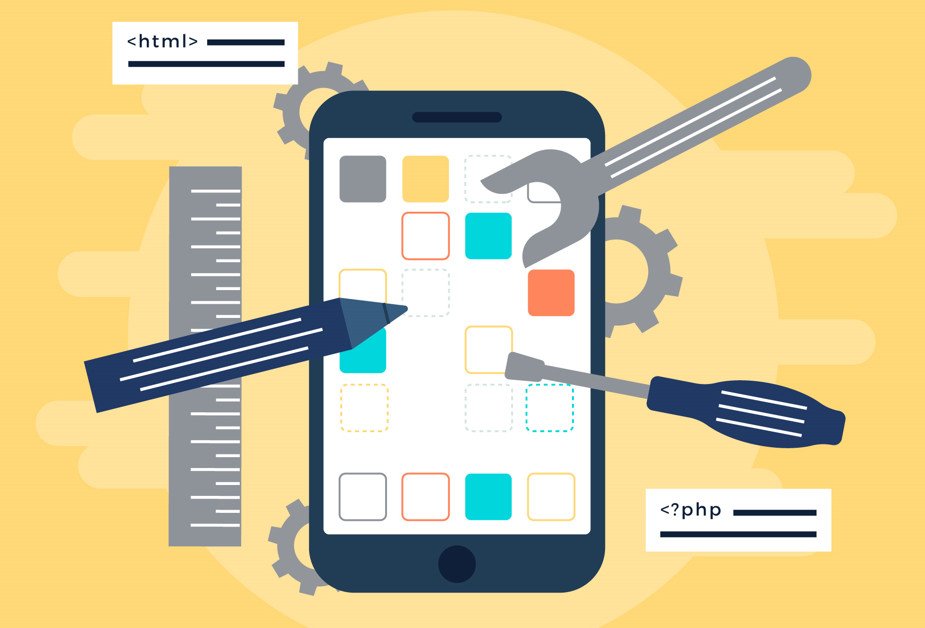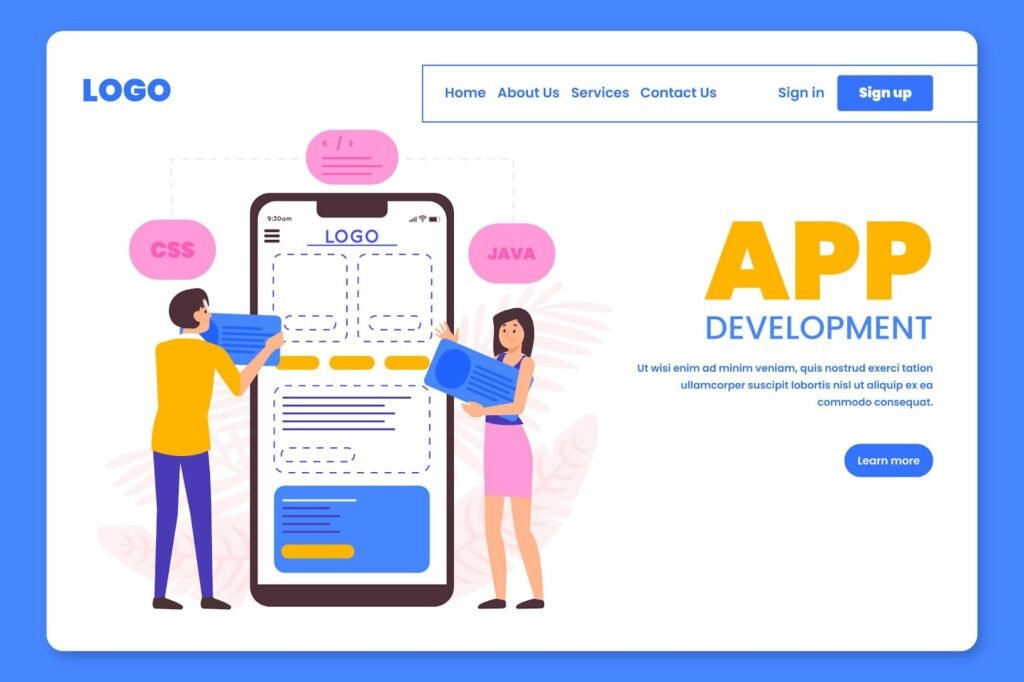Developing an e-commerce mobile app is a vital step for businesses aiming to succeed in the competitive digital landscape. However, navigating the costs involved can be overwhelming. This guide breaks down ecommerce mobile app development cost, offering clarity for businesses planning their digital transformation.
E-commerce Mobile App Development Costs

The rapid growth of mobile commerce has made e-commerce apps essential for businesses of all sizes. Yet, ecommerce mobile app development cost varies widely depending on factors such as features, complexity, and platform choices.
1. Importance of Mobile Apps for E-commerce Businesses
- Increased customer engagement and loyalty: Mobile apps offer a more personalized and immersive shopping experience.
- Higher conversion rates compared to mobile websites: Faster loading times and a seamless checkout process boost sales.
- Enhanced user experience: Apps provide tailored recommendations, offline capabilities, and smooth navigation.
2. Factors Influencing App Development Costs
- App complexity and features: Advanced functionalities like AI or AR increase costs.
- Design requirements: Custom UI/UX designs demand more time and resources.
- Development approach: Native, hybrid, or cross-platform frameworks each come with unique price points.
- Backend infrastructure: Integration with databases, APIs, and third-party tools adds to development expenses.
Understanding E-commerce App Development Costs
E-commerce apps vary in complexity and purpose, which impacts their development costs.
Types of E-commerce Apps
- Single-vendor storefronts: Simple apps for individual businesses.
- Multi-vendor marketplaces: Platforms connecting multiple sellers and buyers.
- AR shopping apps: Advanced apps offering virtual try-ons.
- Subscription-based e-commerce apps: Apps generating recurring revenue.
Key Cost Components
Features and Functionality
- Product catalog and search
- Shopping cart and checkout
- Payment gateway integration
- User profiles and push notifications
Design Complexity
- Custom UI/UX
- Branding elements
- Animations and transitions
Platform Choice
- Native development for Android or iOS
- Cross-platform solutions like Flutter
Backend Infrastructure
- Server setup
- Database management
- API integrations
Breakdown of E-commerce Mobile App Development Costs

Understanding the phases of app development provides a clearer picture of where your budget goes.
A. Planning and Research Phase
- Market analysis and competitor research
- Defining app features and requirements
- Developing a roadmap and timeline
B. Design and User Experience
- Wireframing and prototyping
- UI/UX design tailored to your brand
- Visual element creation
C. Frontend and Backend Development
- Frontend: Implementing user interface, ensuring responsive design
- Backend: Server setup, database management, API development
D. Testing and Quality Assurance
- Functional, performance, and security testing
- User acceptance testing
E. Deployment and Launch
- App store submission and approval
- Initial marketing and promotional campaigns
F. Maintenance and Updates
- Regular bug fixes
- Feature enhancements
- Security patches
Cost Estimation Methods for E-commerce Apps
Different pricing models cater to various project scopes and requirements.
Time and Material Model
- Pay-as-you-go based on hours worked.
- Ideal for projects with evolving requirements.
Fixed Price Model
- A predetermined cost for the project.
- Suitable for well-defined scopes.
Hybrid Approach
- Combines flexibility with risk mitigation.
Average Cost Ranges for E-commerce Mobile Apps
Here’s a breakdown of typical cost ranges based on complexity:
A. Basic E-commerce Apps
- Cost Range: $10,000 – $50,000
- Features: Essential functionality for a single platform.
B. Medium-Complexity Apps
- Cost Range: $50,000 – $120,000
- Features: Multi-platform support, advanced functionality.
C. Advanced E-commerce Platforms
- Cost Range: $120,000 – $300,000+
- Features: Full-featured marketplaces, AR capabilities, AI integrations.
Factors Influencing E-commerce App Costs

Several elements can significantly impact app development expenses:
Geographic Location of the Development Team
The location of your development team significantly impacts costs, with offshore teams generally offering lower rates than onshore teams in regions like North America or Europe. However, it’s important to balance cost savings with the quality and reliability of the work.
Team Size and Expertise
Larger teams can speed up development timelines but increase overall costs due to additional personnel. Hiring senior developers is more expensive but can lead to better quality and faster problem-solving.
Third-party Integrations
Adding payment gateways, shipping APIs, and social media integrations enhances app functionality but increases development costs. These features are crucial for user experience and competitiveness but require additional resources to implement.
Security and Compliance
Ensuring compliance with standards like PCI DSS for payments and GDPR for data protection is vital for user trust and legal safety. These measures require specialized expertise, which adds to development expenses but is essential for a secure app.
Cost-Saving Strategies for E-commerce App Development
To manage costs effectively while maintaining quality:
A. Focus on Essential Features for MVP
- Launch with core functionality.
- Plan future updates for advanced features.
B. Use Pre-built Solutions
- Leverage platforms like Shopify or Magento.
- Use pre-designed UI libraries.
C. Opt for Cross-platform Development
- Frameworks like React Native offer cost-effective multi-platform solutions.
Conclusion
Developing an e-commerce mobile app is not just a technical task but a pivotal investment in your business’s future and a key component of any successful ecommerce growth strategy. By understanding the factors that influence development costs and employing smart cost-saving techniques, businesses can create apps that are both high-quality and cost-effective. Furthermore, adopting Amazon product best practices—such as streamlined user experiences and optimized features—can set your app apart in the competitive digital landscape.
Sign Up for ProductScope AI Today!
With the right approach, your e-commerce app can drive growth, improve customer engagement, and position your business for long-term success.

